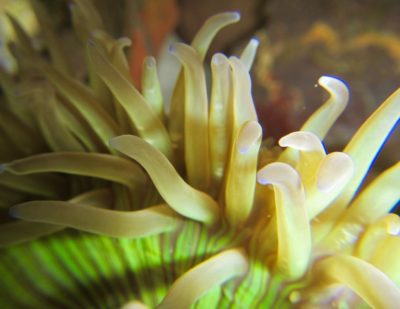Single-use plastics are any plastic products that are used only once before being discarded. Humans have long cherished these one-use-wonders for their convenience and affordability, but when we look beyond the momentary utility, it’s strikingly clear that these plastics have a dangerous impact on our oceans.
© ChristopheLaunay – http://www.sealaunay.com/
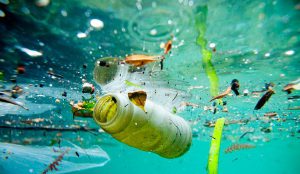 By an overwhelming margin, plastic products are the most common form of trash in the world’s ocean. From cigarette butts (with their plastic filters) to plastic bottles and their respective plastic caps to bendy straws and plastic bags of all varieties, the amount of plastic in the seas is beginning to rival that of fish.
By an overwhelming margin, plastic products are the most common form of trash in the world’s ocean. From cigarette butts (with their plastic filters) to plastic bottles and their respective plastic caps to bendy straws and plastic bags of all varieties, the amount of plastic in the seas is beginning to rival that of fish.
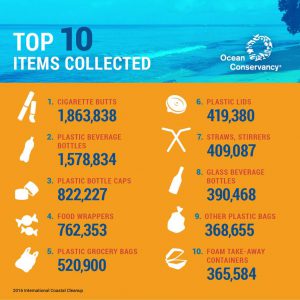 The Ocean Conservancy – 2016 International Coastal Cleanup
The Ocean Conservancy – 2016 International Coastal Cleanup
But why is this such a problem? It’s just a piece of plastic. It couldn’t hurt anything, right? WRONG!
Every year, millions of animals, including fish, marine mammals, seabirds, and turtles, die because they accidentally ingest, become entangled in, or are chemically affected by oceanic plastic. This monumental negative impact that plastic has on marine life can be attributed to one characteristic: its longevity.
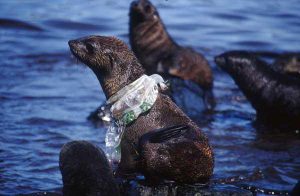
LiveScience
Plastic does not decompose like most other forms of trash. Whereas microbes are able to break down paper, cardboard, and food waste into smaller, simpler compounds (a process known as biodegradation), plastics can only be broken down by the ultraviolet radiation in sunlight. This is called photodegradation, and it is painfully slow. Whereas biodegradation operates on a scale of months and years, photodegradation of plastics takes decades and even centuries. A single plastic bag can take over 500 years to decompose! This means that a plastic bag that a human used for 12 short minutes has over 500 years to find its way into the stomach or around the neck of some helpless marine organism. This is the unfortunate and ironic truth of plastic waste.
But what can we do? T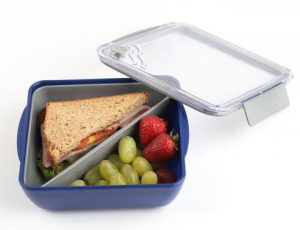 he very structure of our society seems built around single-use plastic. Our actions won’t make a difference, right? WRONG!
he very structure of our society seems built around single-use plastic. Our actions won’t make a difference, right? WRONG!
Viable alternatives to single-use plastic are all around us! Carrying around a reusable water bottle is one of the easiest ways to reduce reliance on bottled water and keep plastic bottles out of the ocean. At restaurants, just say no to plastic straws and stick to the classic lift-cup-and-tilt-the-liquid-into-mouth approach to hydration. When shopping, reusable bags, including reusable produce bags, are an easy alternative to harmful plastic bags. Packing up for lunch? Skip the small plastic bags and transport your midday nourishment in reusable containers.
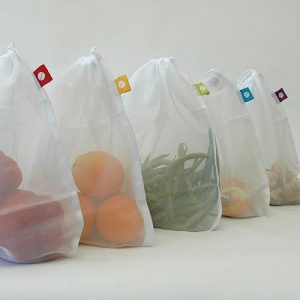
These are but a few tips on how to reduce dependence on single-use plastic. If you have other ideas on how to keep the oceans clean of deadly plastics, please tell us in the comments! Together we can make a difference!
Sources:
- http://www.biologicaldiversity.org/programs/population_and_sustainability/expect_more_bag_less/facts.html

